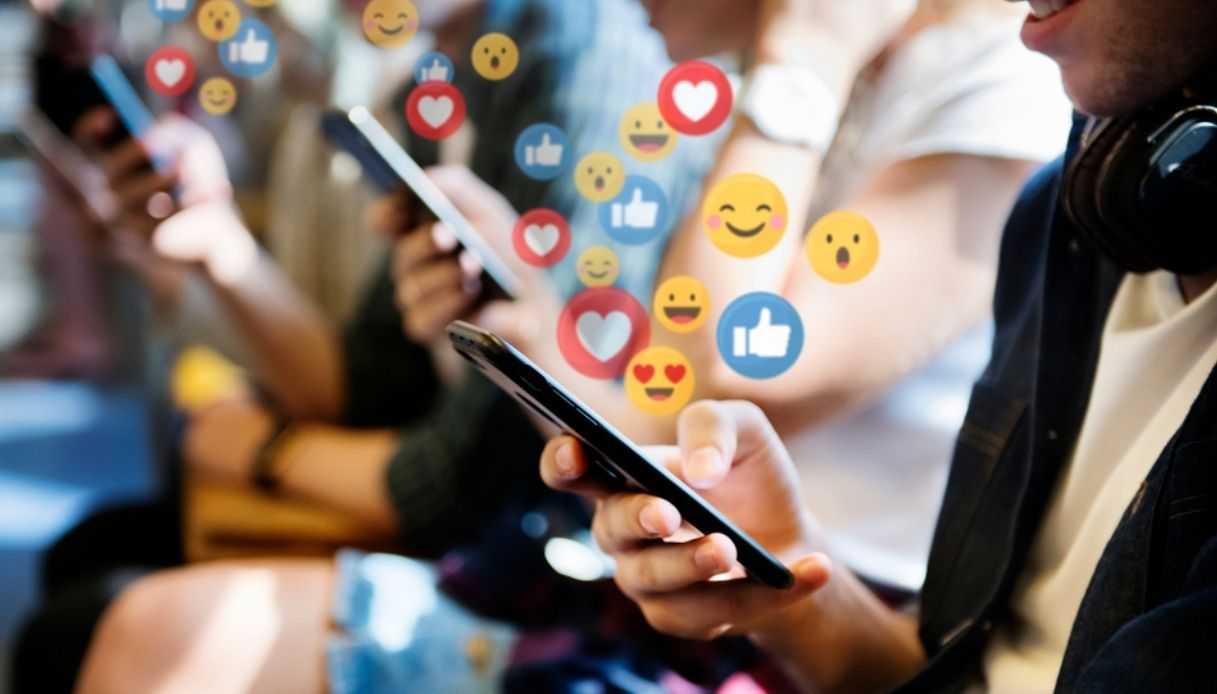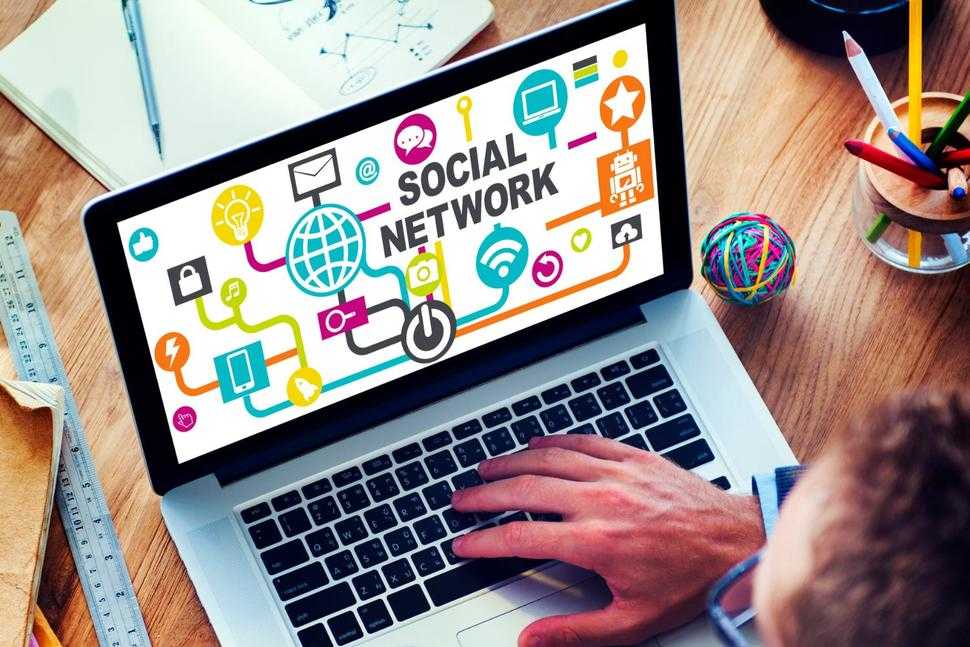Are social networks for young people an opportunity or a danger? How can they influence their behavior?
Youth and social networks are an ever-expanding phenomenon. While adults might think that kids are just wasting time creating profiles on Facebook or Instagram, in reality young people today have the opportunity to build careers in the digital sector.
Today’s world of work requires the presence of many professionals who actively use the main social networks. On one side there are those who criticize the use of social networks by young peoplebut on the other hand, there is an important professional development opportunity in the digital sector.
Even sites that deal with gossip, such as iitnews, have often found themselves dealing with the issue of social networks, especially in relation to the use made of them by VIPs, who have always been a point of reference for young people. In this article we will therefore see, how social media affects young people and what risks can be run!

The relationship between young people and social networks
Young people and social networks have very close relationships. In most cases, young people spend most of their time on social media, connecting to their personal channels. Many of them they prefer to post visual content such as photos and videos, and are interested in seeing posts related to topics of interest to them. Also, they love to chat with their peers using instant messaging platforms like WhatsApp, WeChat, Viber, Telegram or Facebook Messenger.
But it’s not just a matter of free time or boredom. Many young people also take advantage of social networks such as a platform to find job opportunities. Therefore, we can say that young people not only use social media as a pastime, but also with a specific purpose, which is to look for job opportunities.
Young people are very skilled in using social networks, and this relationship with new media is extremely pleasant and simple for them. So, when used effectively, social media represents an excellent stepping stone into the world of digital work. Let’s see how!

Young people and social networks: job opportunities
As mentioned, the relationship between young people and social networks is not always as negative as many might think. Young people have many job opportunities through the use of social networks. These digital platforms represent a virtual world that has a significant impact on the real life of young people.
Social networks offer young people the opportunity to build a solid digital presence, helping to raise self-esteem and allowing them to present themselves to others in a new and positive way. Furthermore, these communication tools can represent a valid alternative to traditional jobs.
In the last ten years, there has been a increase in job opportunities through the use of digital platforms. Therefore, social networks present an excellent opportunity for young people under 30 or young graduates who are not sure which direction to take for their future.
By attending a digital marketing school, for example, it is possible acquire the necessary skills to enter the world of work in specific sectors and start working immediately without wasting time.

The risks for children
Considering that the age at which adolescents and social networks meet is increasingly lower, we must also think about the potential risks that this combination entails. What we write and the photos we post on social media have a both short-term and long-term impact on our lives daily life and our relationships with the people we interact with every day.
Insert our personal data on a site or on a social network it means losing control over them. We often automatically grant the service provider a license to use the material we post, such as photos, chats or opinions. Every time we use a credit or debit card, enter a password to access certain services, or use a loyalty or discount card provided by large retail chains, we make a small surrender of our sovereignty.
The same happens when we install apps on our smartphone or tablet. The programs of these applications can request access to our contacts, photos or other multimedia content which are not strictly necessary for the functioning of the app itself. Also, what we share on social media can be copied and recorded by other users, not always for lawful purposes.

Everything we write and share on social media discloses to third parties who we are, what we do, our habits, our state of health, our standard of living, our interests and our political, religious and sexual opinions. This information allows commercial companies to create a detailed profile about us for marketing purposes (just click ‘like’ on a page or comment to be analyzed and categorised).
Whenever we share something, we should think carefully about who will be able to read (such as our employer or a potential employer, our children’s teacher, our neighbors or acquaintances) and consider whether it is appropriate to post certain content. We also have to consider whether we will like what we have published in a few years.
While the decrease in privacy is an intrinsic aspect of using the Internet and social networks, there are more serious risks to consider. These risks include identity theft, the illicit dissemination of images, child pornography, sextorsion, sexting, grooming, cyberbullying and Internet Addiction Disorder (IAD).
All these aspects can affect adolescents in a stronger and more dangerous way. For this reason, strict supervision by parents is necessary on the use of the internet and social networks by their minor children. That’s all from the web and social section, keep following us!
















Leave a Reply
View Comments